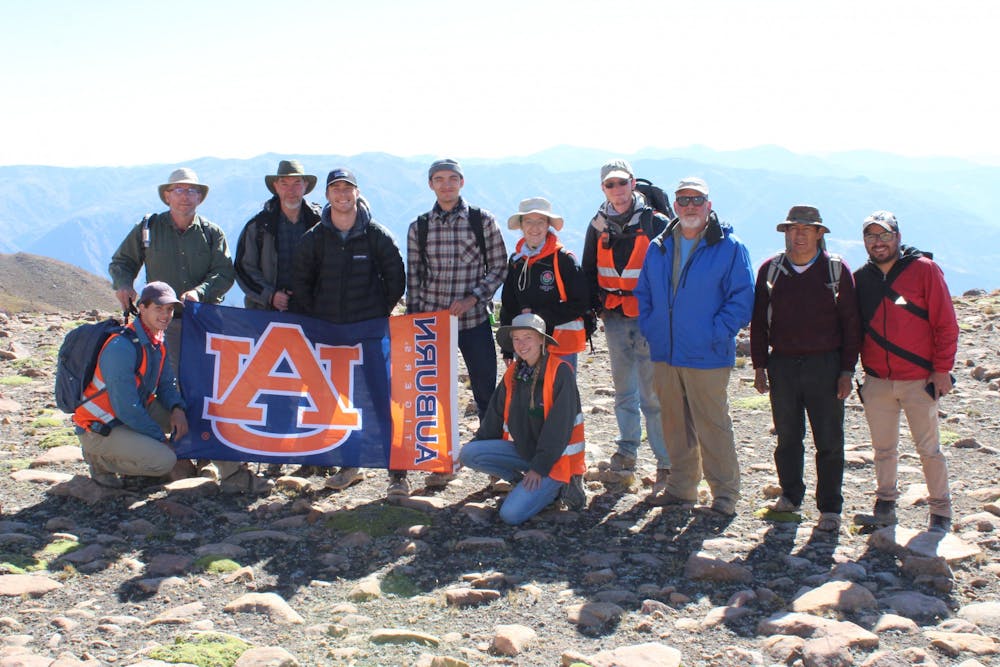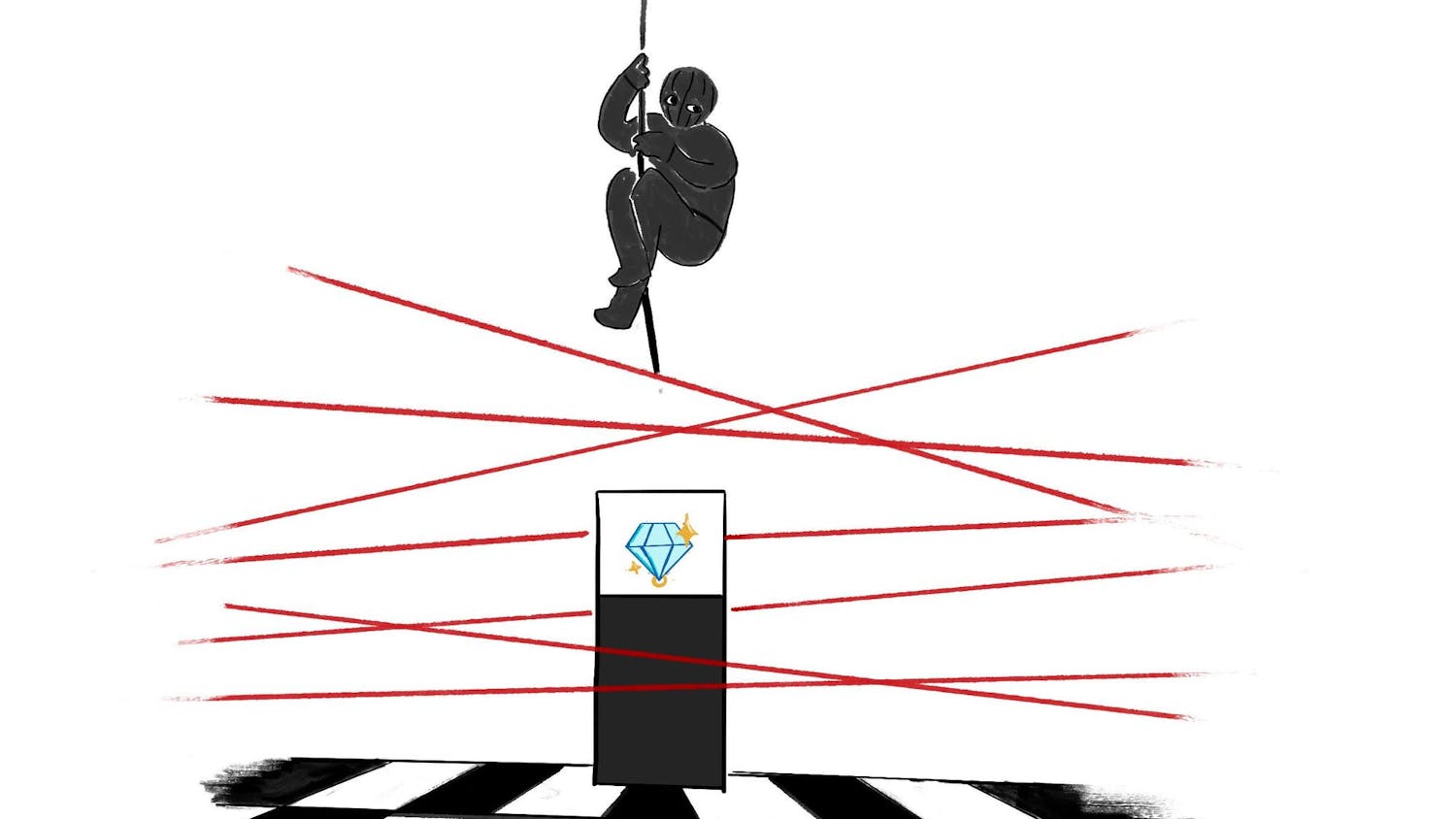In Bolivia, on the side of the Andes Mountains, resides a small community of farmers and their 60 families who must rely on a four-month wet season to irrigate their crops. Any excess water that they can capture they store in holding tanks around the community.
When the eight-month dry season sets in, the only water these farmers have access to is the limited amount they have stored in the holding tanks, nowhere near enough to last the entire eight months, according to Sierra Eady, senior in mechanical engineering and president of Auburn Engineers Without Borders.
“They have a lot of trouble growing a lot of crops because they have an eight-month dry season there,” Eady said. “During the dry season, they flood irrigate their fields, so they just release all of the water from that [holding] tank and wherever gets water is what gets water.”
While living and farming on the side of a mountain have their challenges, it also allows for cheap and sustainable access to the mountain spring water, high above the village. The problem, Eady said, is that the community doesn’t have the tools to get reliable access to this water. That’s where she and her team come in.
“We’re tapping into springs located above all of the fields, and we’re piping that water to one or two holding tanks to store the water, and then the community will have piping that leads down to each field,” Eady said. “All of the fields should be completely watered, and they don’t waste any of the water, so it should last throughout the whole [dry] season.”
This simple, gravity-powered irrigation system, called the Phararia project, will likely triple the crop yield of the community according to Eady. Where in the past, the community had to worry often about the size of their crop yield, with the help from Eady and her team, that’s no longer an issue.
“We’ve done the exact same project in two different communities close by, so we know it’s going to work,” Eady said with a laugh. “We’ve finished the project a couple [of] times before; this one is just in a different community.”
Since all of the communities in Bolivia that EWB works with are close by, they’re in constant communication with one another. Word traveled fast that the irrigation system that EWB installed is effective and sustainable.
“The community that we have switched to now knows how the systems work,” Eady said. “They were so excited for us to come install the systems because they’re so effective, that [they] built us a road, by hand, just so that we could come out and build the system for them.”
According to Eady, the main goal of EWB is to help these communities sustainably. Eady and her team can only physically be there for two weeks out of the year, so ensuring that the communities can keep the irrigation system running themselves is critical.
“We work very closely to make sure that these projects are truly sustainable for these communities,” Eady said.
EWB has two other projects like this that it works on throughout the year. One is a project that was previously in Rwanda which is shifting to Guatemala. Another project is a new domestic project that the team is still finalizing. Of the 50 or so members on the team, students are split between these three projects into three teams.
Each summer in August, each individual team sends six to eight members to the project site for around two weeks, where they install the project that they have been planning and testing all year back at Auburn. In order to travel to the project site, a member of the team must submit an application and be interviewed.
However, the team was not able to travel to the project sites this past August, Eady said. They hope to be able to travel in the upcoming summer.
“We don’t know if we’re going to be able to yet; it just depends on what the school and what EWB nationals allow, but we just chose our travel teams,” Eady said. “We’re moving on as if we’re getting to travel … so that we’ll be prepared if we do get to travel.”
EWB has also had to change up their weekly meeting format to a more COVID-19 friendly modality.
“Most of the semester, we were meeting totally on Zoom because we weren’t allowed to meet in person, but actually, about a month and a half ago, we got permission to start meeting in person,” Eady said. “Now, we give our members the option for if they want to meet in person or on Zoom. We have each project team working in different rooms … we don’t meet all together anymore.”
In the past, the entire team would meet together and then split up into their individual project teams, but the main group is too large to be able to meet together, Eady said. EWB has also been limited in the types of social events that they can put on.
“Normally, we have one social event and a couple of volunteer days each semester,” Eady said. “Once a month, on Saturday, we would go volunteer somewhere, [but] that was stopped for most of the semester. In the past month we’ve gone twice on a Saturday to help with the community garden.”
The larger team’s social event has been canceled for this semester, but the smaller teams have been getting together individually, Eady said. EWB hopes to return to a more normal format in the future.
Do you like this story? The Plainsman doesn't accept money from tuition or student fees, and we don't charge a subscription fee. But you can donate to support The Plainsman.





